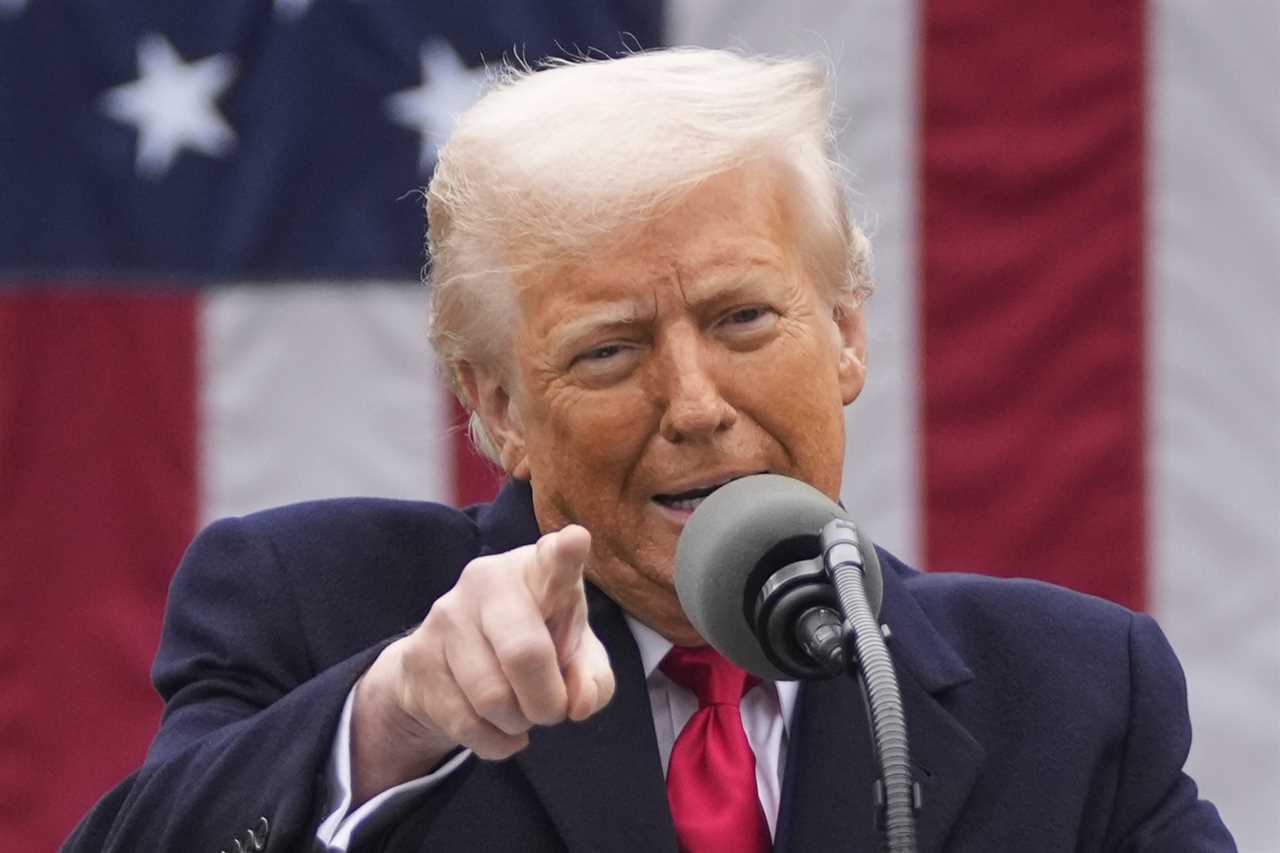
Jesus. I couldn't make this up if I tried. In what has to be the most ridiculous chapter of American trade policy since... well, ever, Donald Trump has decided that even uninhabited islands full of waddling birds are somehow screwing over the American economy.
I spent 3 hours yesterday trying to figure out if this was some elaborate joke. It's not. The man literally imposed tariffs on chunks of Antarctic ice where NOBODY LIVES.
When Penguins Become Economic Threats
Let me get this straight. The former (and possibly future) leader of the free world has decided that Heard and McDonald Islands - remote, frozen Australian territories where the only residents have flippers and beaks - are somehow economic adversaries deserving of punitive trade measures.
These islands are so remote that the last humans to set foot there were probably scientists almost a decade ago. You literally need a special permit just to visit. I looked it up at 2am last night when I couldn't sleep because this story was breaking my brain.
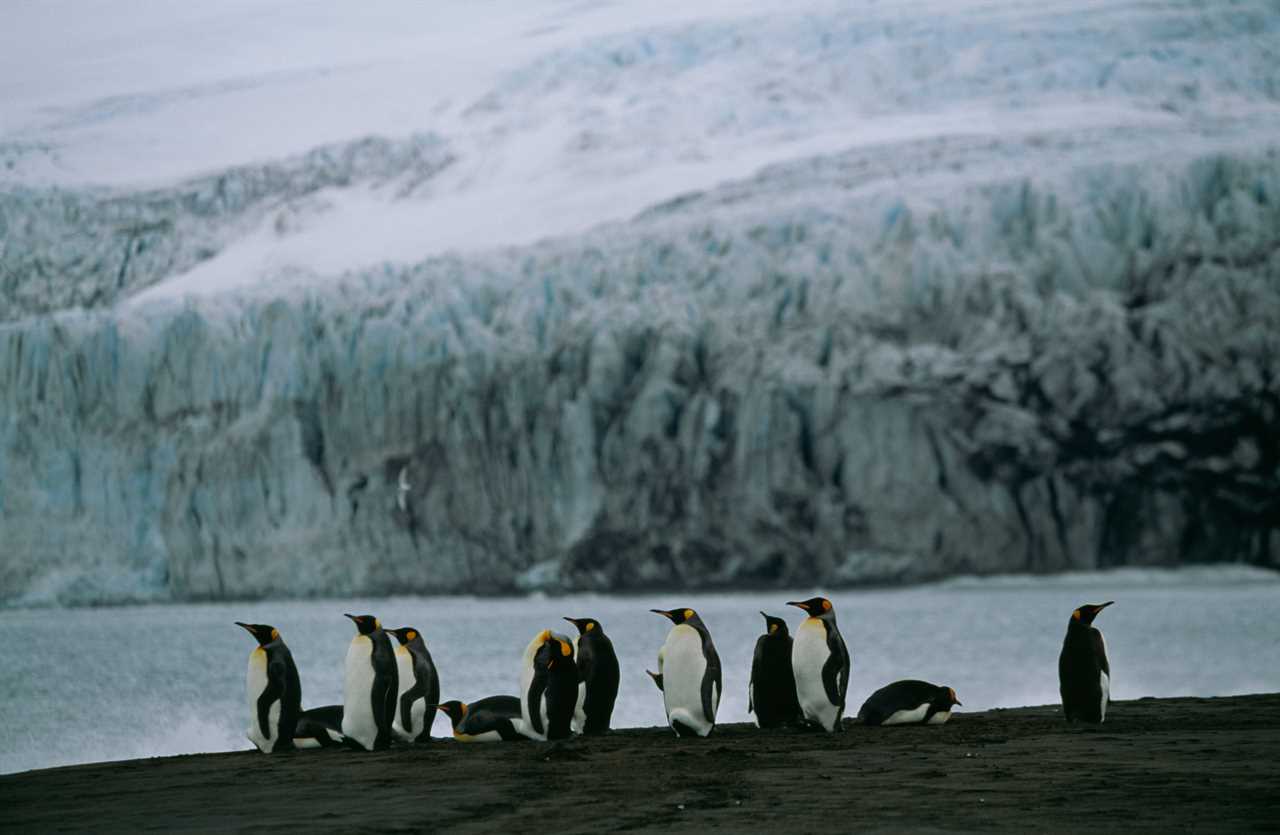
The Mooch (remember him? Trump's communications director for like 11 minutes back in 2017) summed it up perfectly: "The penguins have been ripping us off for years."
Damn penguins with their fancy tuxedos, obviously plotting economic warfare against us.
Wait... We Import WHAT From Uninhabited Islands?!
Here's where it gets even weirder. According to trade data (which I had my intern double-check because I didn't believe it), the US apparently imported $1.4 million worth of "machinery and electrical" goods from these islands in 2022.
From. Uninhabited. Islands.
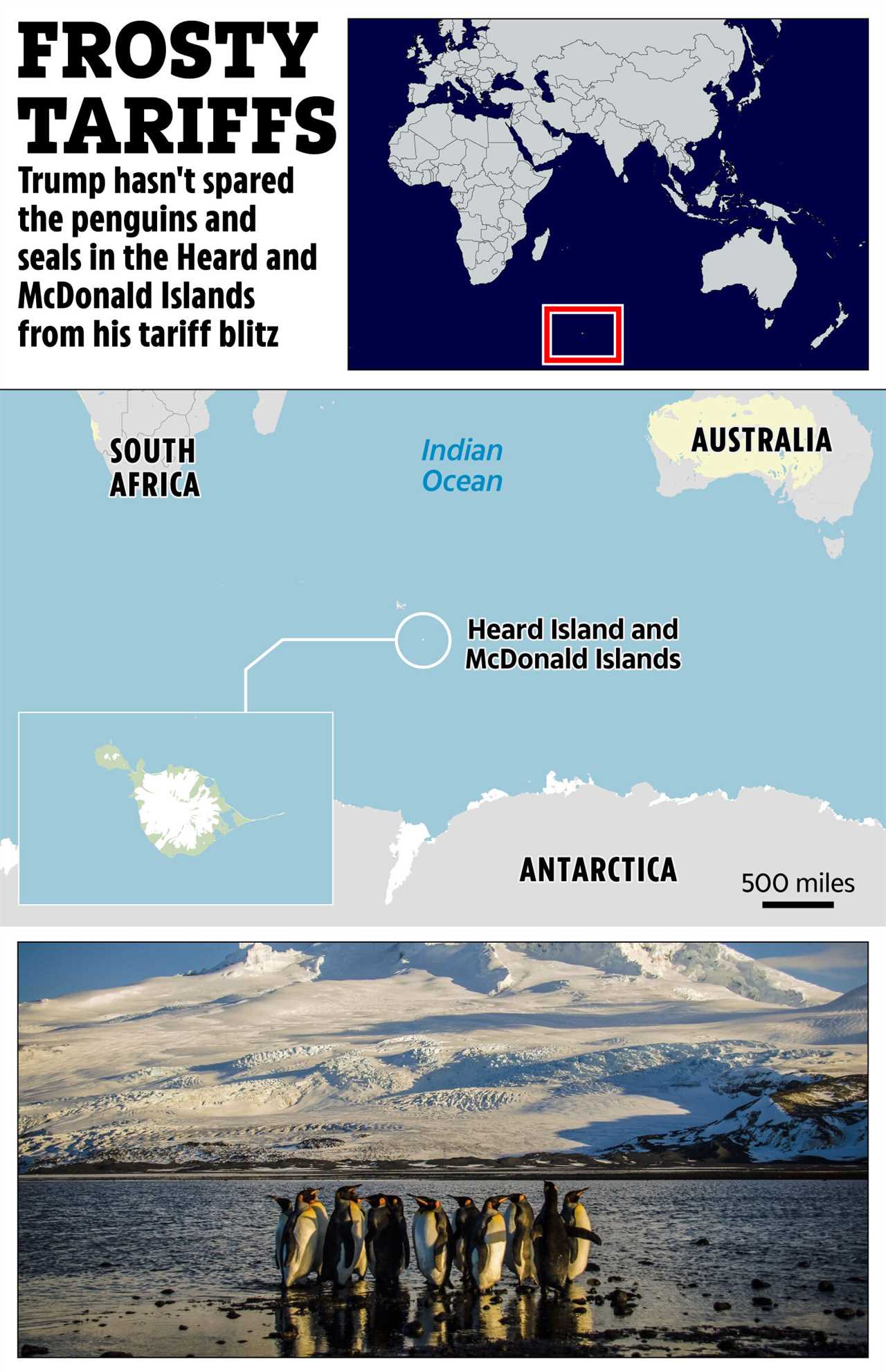
What teh hell? Are the penguins running a secret manufacturing operation? Is there some underground seal-operated electronics factory we don't know about?
Norfolk Island Got Absolutely Hammered
Poor Norfolk Island. While most places got hit with a standard 10% tariff, this tiny island with barely 2,000 residents got slapped with a whopping 29% tariff. That's almost triple!
Australian PM Anthony Albanese pointed out the obvious absurdity: "I'm not quite sure that Norfolk Island, with respect to it, is a trade competitor with the giant economy of the United States."
No shit, Albo.
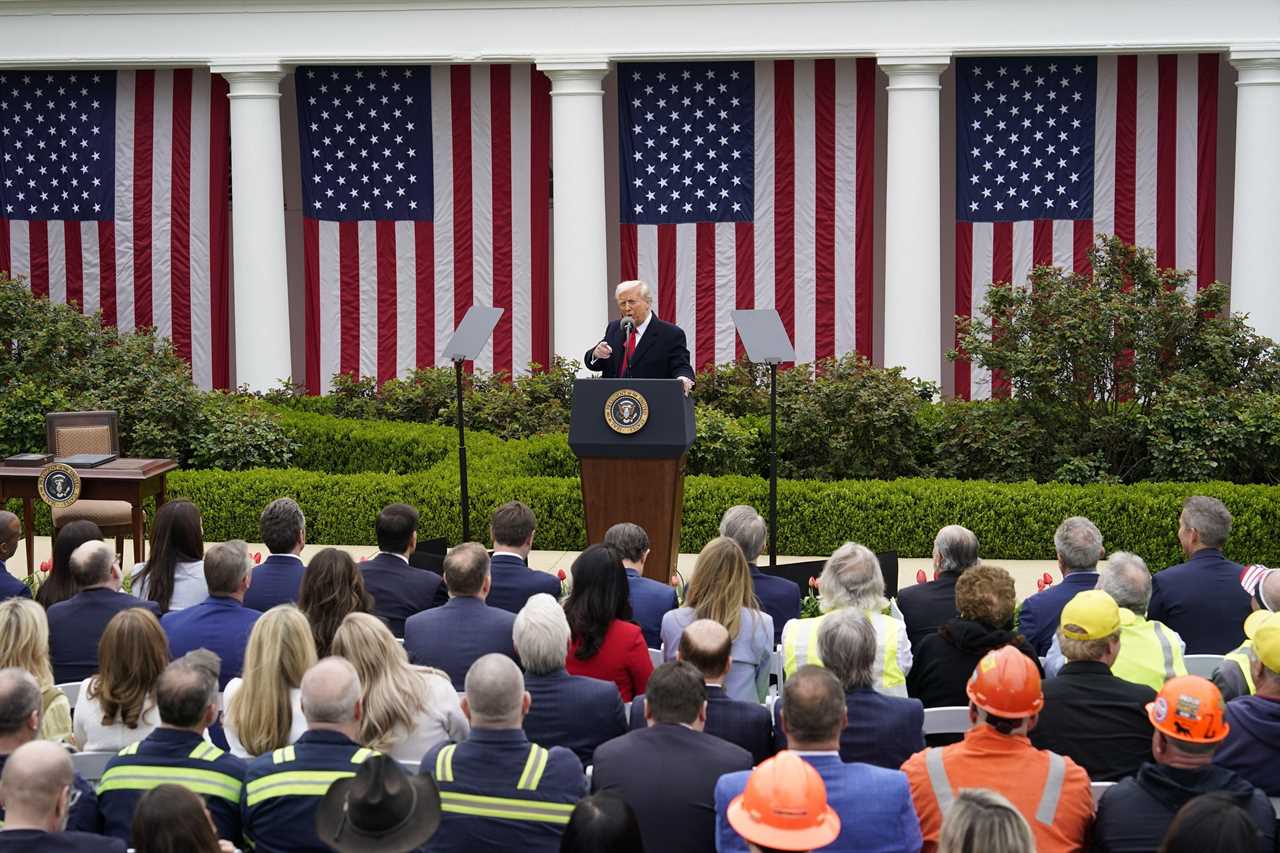
The best part? Norfolk Island supposedly exported $413,000 in leather footwear to the US last year. Except... the island's administrator says they don't export ANYTHING to America. Nothing. Zero. Zilch.
The Pentagon Is Tariffing... Itself?
Listen. I've covered some truly bizarre policy decisions in my 12 years as a journalist, but this one takes the cake. Trump also included the British Indian Ocean Territory in his tariff blitz - which is exclusively occupied by UK and US military personnel at Diego Garcia naval base.
So we're... tariffing ourselves? Our own military base? My editor bet me $20 that I couldn't find anything dumber than this in the entire tariff list. I lost that bet when I discovered the penguin islands.
Don't You Dare Fight Back!
And now, after unleashing this global economic temper tantrum (which Trump proudly called "Liberation Day"), his Treasury Secretary Scott Bessent is warning other countries not to retaliate.
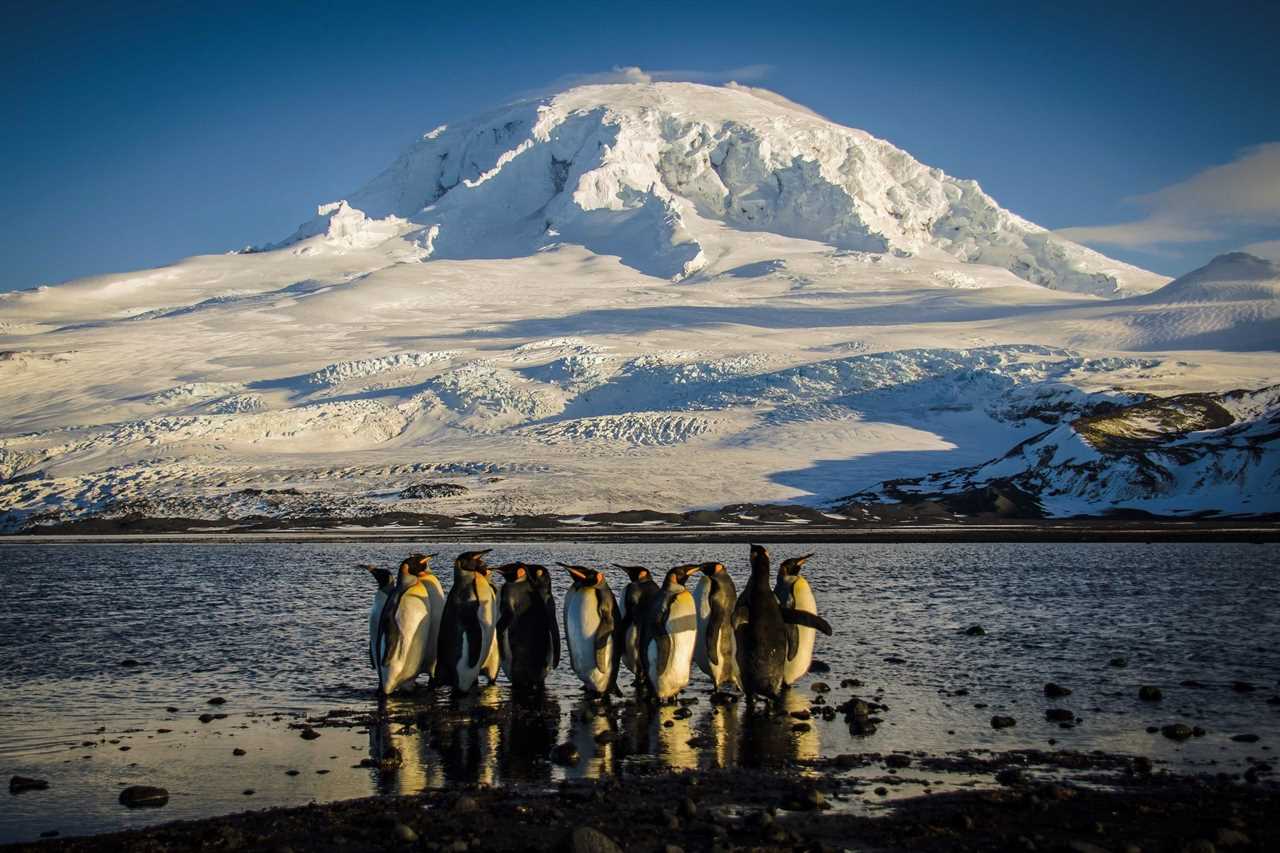
"Sit back, take a deep breath, don't immediately retaliate," Bessent advised on CNN, adding "Doing anything rash would be unwise."
Yeah, because imposing tariffs on uninhabited penguin colonies was clearly the height of careful, measured policy-making.
I feel stupid now for spending four years getting an economics degree when apparently you can just wake up one morning adn decide that birds at the bottom of the world are economic adversaries.
Maybe tomorrow we'll declare trade war on Narnia.
Frequently Asked Questions
What is the function of the executive branch?
The executive branch is responsible for implementing and enforcing laws, managing the day-to-day operations of government, and administering public policy. It is headed by the president or prime minister, depending on the country's system.
What are the different types of political systems?
Political systems can be categorized into several types, including democracy, authoritarianism, monarchy, and oligarchy. Each system has distinct characteristics regarding how power is obtained and exercised, and how citizens participate in governance.
How does lobbying influence politics?
Lobbying involves advocating for specific interests or causes to influence lawmakers and policy decisions. While lobbying can provide valuable information to legislators, it can also lead to concerns about undue influence and corruption.
What is political accountability?
Political accountability refers to the obligation of elected officials and government institutions to be answerable to the public for their actions and decisions. Mechanisms for accountability can include elections, audits, and transparency initiatives.
What is the role of a politician?
A politician is an individual who is actively involved in politics, typically as a member of a political party or a government. Their primary role includes representing the interests of their constituents, making decisions on public policy, and contributing to the legislative process.
Statistics
- Research indicates that social media platforms play a role in shaping public opinion, with 70% of users getting their news from these sources.
- In many countries, political parties receive about 60% of their funding from private donations, raising concerns about transparency and influence.
- Approximately 60% of eligible voters in the United States participated in the 2020 presidential election, marking the highest turnout rate in over a century.
- In 2022, over 30 countries experienced significant protests related to political issues, highlighting a global trend of civil unrest and demands for accountability.
- Historically, voter turnout among young people (ages 18-29) increased by 50% from the previous election cycle in the 2020 presidential election.
- As of 2023, approximately 25% of countries have implemented some form of digital voting, reflecting the shift towards technology in the electoral process.
- As of 2023, public trust in government institutions has declined, with only 20% of citizens expressing confidence in their national governments.
- Surveys show that nearly 70% of voters prioritize environmental issues when selecting candidates for public office.
External Links
How To
How To Understand Legislative Processes
Understanding legislative processes is essential for effective civic engagement. Start by familiarizing yourself with your country's legislative structure, including the roles of the executive, legislative, and judicial branches. Learn about the stages a bill must go through, such as introduction, committee review, and voting. Follow local legislative sessions through official websites or news outlets to observe the process in action. Engaging with advocacy groups can provide insights into how legislation impacts specific issues. This knowledge empowers you to participate more effectively in political discourse.
 PoliticsRoyaltySoap OperaGamingMoneyPrivacy PolicyTerms And Conditions
PoliticsRoyaltySoap OperaGamingMoneyPrivacy PolicyTerms And Conditions
